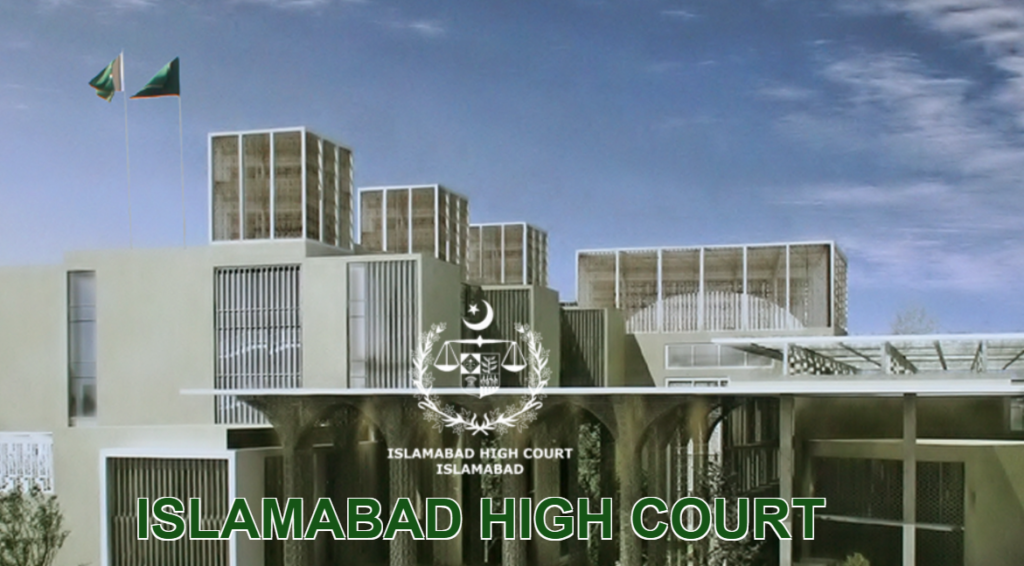IHC Judges Seek Intervention: The Petition to the Supreme Court
In a significant development, five judges of the Islamabad High Court (IHC) have petitioned the Supreme Court to restrain Justice Sardar Mohammad Sarfraz Dogar from carrying out his duties as the acting IHC chief justice. This move comes amid ongoing turmoil within the IHC following the recent transfers of new judges, which have led to a reordering of the seniority list.
Controversy Surrounding Judicial Transfers
The Ministry of Law and Justice issued a notification on February 1, transferring three sitting judges—Justice Dogar, Justice Khadim Hussain Soomro, and Justice Muhammad Asif—from their respective high courts to the IHC. Justice Dogar was transferred from the Lahore High Court (LHC), Justice Soomro from the Sindh High Court (SHC), and Justice Asif from the Balochistan High Court (BHC). These transfers have sparked controversy, particularly concerning the alteration of the seniority list.
Concerns Over Seniority and Constitutionality
The five IHC judges—Justice Mohsin Akhtar Kayani, Justice Tariq Mehmood Jahangiri, Justice Babar Sattar, Justice Sardar Ejaz Ishaq Khan, and Justice Saman Rafat Imtiaz—contend that under the Constitution, a high court judge must take a new oath upon transfer to a different high court, which should affect their seniority ranking. They further argue that the seniority list should reflect these changes accordingly.
Discord Within the Court
The contention among the judges has led to further discord within the court. Notably, the five judges did not attend Justice Dogar’s oathtaking ceremony as the acting IHC chief justice, underscoring the depth of their disagreement.
Legal Action Under Article 184(3)
On Thursday, the five judges filed a petition in the Supreme Court under Article 184(3) of the Constitution. This article sets out the Supreme Court’s original jurisdiction and allows it to assume jurisdiction in matters involving questions of “public importance” concerning the “enforcement of any of the fundamental rights” of Pakistan’s citizens. The petition names the president, the Federation of Pakistan through the law secretary, the secretary of the Judicial Commission of Pakistan, the registrars of the Supreme Court and the four high courts, as well as Justice Dogar, Justice Soomro, and Justice Asif as respondents.
Restraining Orders Sought
The judges have requested the apex court to restrain Justice Dogar from performing his functions as the acting IHC chief justice. They have also sought to restrain the other transferred judges from performing any of their judicial and administrative functions as IHC judges.
Emphasis on Integrity and Procedures
The petition emphasizes the importance of maintaining the integrity of the seniority list and ensuring that constitutional procedures are followed during judicial transfers. By seeking the Supreme Court’s intervention, the judges aim to address the potential implications of these transfers on the judicial hierarchy and the overall functioning of the IHC.
Future Implications for Judiciary
This legal battle highlights the complexities and challenges associated with judicial appointments and transfers in Pakistan. As the case proceeds, it will be crucial to observe how the Supreme Court addresses the concerns raised by the IHC judges and the potential impact of its decision on the judiciary’s future dynamics.
In conclusion, the petition filed by the IHC judges marks a critical juncture in the ongoing controversy. The Supreme Court’s response to their plea will undoubtedly shape the future of judicial administration in Pakistan. As “IHC Judges Seek Intervention ” the judicial landscape awaits clarity and resolution on this contentious issue.



